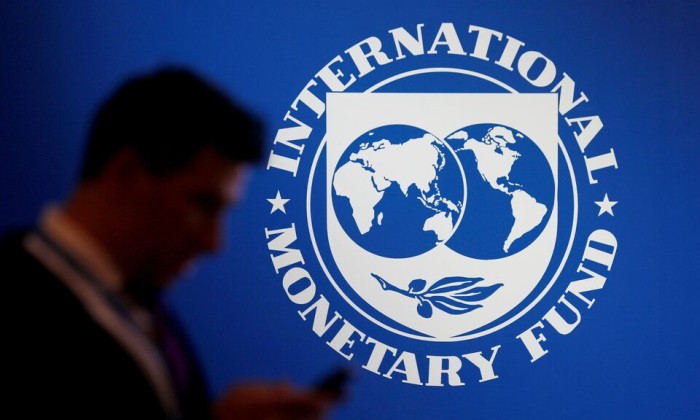


The International Monetary Fund (IMF) has recommended significant reforms to Sri Lanka's property tax system under the Extended Fund Facility (EFF) program. It suggests introducing new central Government taxes, such as an imputed rental income tax on owner-occupied and vacant residential properties, to increase revenue while avoiding constitutional constraints on direct property taxation. This tax, calculated as a percentage of a property's market value, could yield 0.4% to 0.6% of GDP. However, challenges like outdated and non-digitized property valuations need to be addressed. The IMF also proposed reforms to capital gains tax and VAT on residential property to further enhance revenue.
At the subnational level, the IMF emphasized the need to increase reliance on recurrent property taxation rather than volatile revenue sources like stamp duties. The suggested reforms include updating valuation processes, digitizing assessments, and adjusting tax bases annually to ensure stability and fairness. In the medium term, local property taxes should be based on market values for residential properties, with a simplified approach for rural areas. These reforms aim to reduce dependence on central Government transfers and create a more robust and equitable tax system.